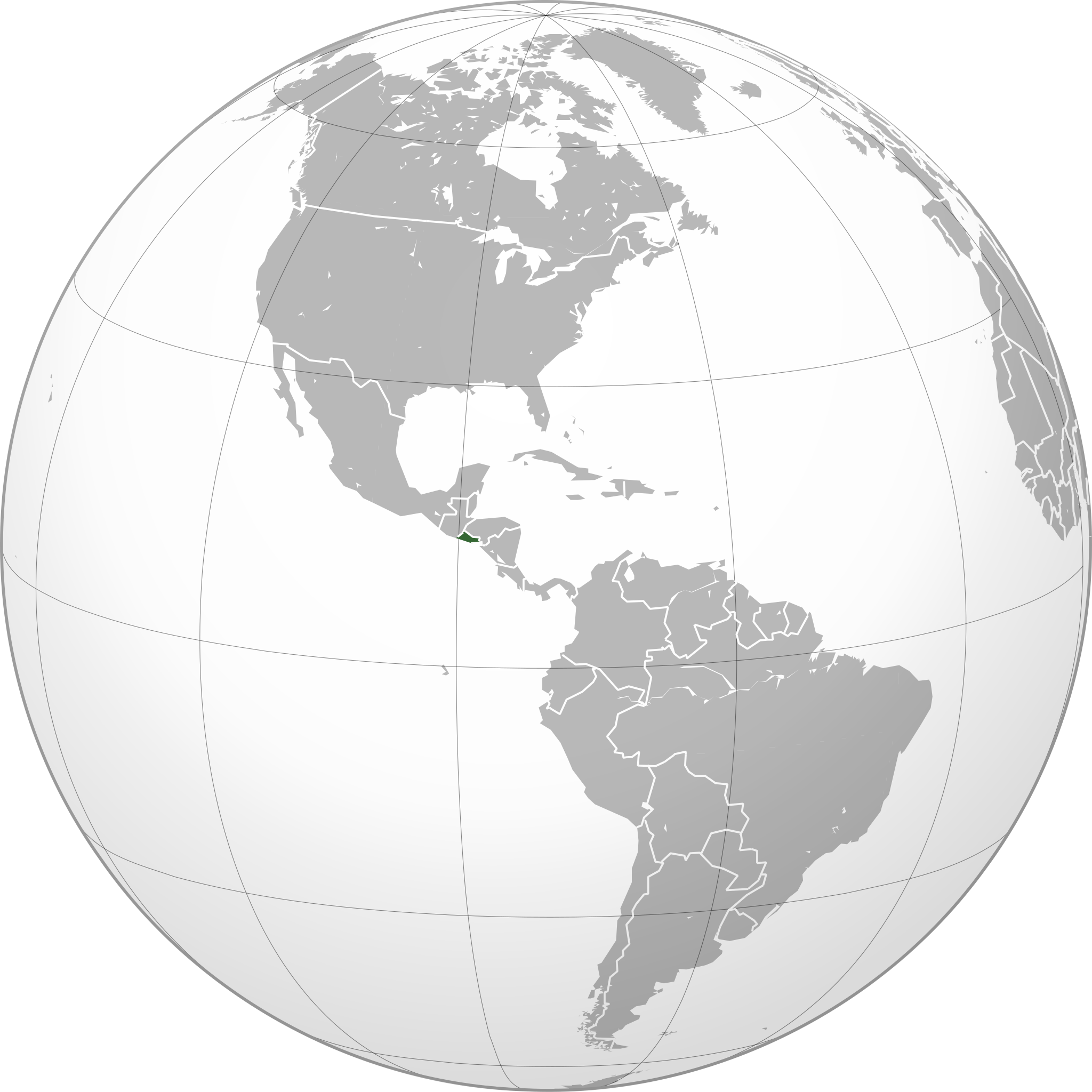More languages
More actions
(Created) Tag: Visual edit |
No edit summary Tag: Visual edit |
||
| Line 8: | Line 8: | ||
The [[National Coalition Party]] claimed victory in the 1967 elections and banned a major opposition party that supported agrarian reform. In 1972, a center-left coalition led by [[Christianity|Christian]] [[Democracy|democrat]] Jose Napoleon Duarte stood for election. The government rigged the election against the coalition. | The [[National Coalition Party]] claimed victory in the 1967 elections and banned a major opposition party that supported agrarian reform. In 1972, a center-left coalition led by [[Christianity|Christian]] [[Democracy|democrat]] Jose Napoleon Duarte stood for election. The government rigged the election against the coalition. | ||
After a similar election in 1977, government forces killed hundreds of protestors and exiled opposition leaders. Protests, [[Strike action|strikes]], and [[guerrilla warfare]] began against the state.<ref name=":1">{{Citation|author=William Blum|year=2003|title=Killing Hope|chapter=El Salvador 1980-1994: Human rights, Washington style|page= | === Civil war === | ||
After a similar election in 1977, government forces killed hundreds of protestors and exiled opposition leaders. Protests, [[Strike action|strikes]], and [[guerrilla warfare]] began against the state. In 1979, a group of soldiers overthrew General [[Carlos Romero]] gave some government positions to civilians, but the USA pressured them to keep the military in power and they resigned in early 1980. In January 1980, the [[Salvadorean Communist Party]] joined the guerrilla movement. | |||
Statesian president [[Jimmy Carter]] gave $10 million in military aid to the Salvadorean military in 1981, and his successor [[Ronald Reagan]] gave billions. The [[United States Armed Forces|U.S. military]] and [[Central Intelligence Agency|CIA]] trained pilots and gunners for the military junta, and Statesian mercenaries were directly involved in combat. In December 1981, military forces killed over 700 civilians in the village of El Mozote. USA-backed death squads killed tens of thousands of civilians. In 1992, the war ended after the [[United Nations]] organized a ceasefire. | |||
In 1994, the right-wing [[Nationalist Republican Alliance|ARENA]] party took power.<ref name=":1">{{Citation|author=William Blum|year=2003|title=Killing Hope|chapter=El Salvador 1980-1994: Human rights, Washington style|page=353–365|pdf=https://cloudflare-ipfs.com/ipfs/bafykbzacedfo2kzml5sodng4rtlybjdvertim3nybowazzlo6rztq6khixbv4?filename=William%20Blum%20-%20Killing%20Hope_%20US%20Military%20and%20CIA%20Interventions%20Since%20World%20War%20II-Zed%20Books%20Ltd%20%282003%29.pdf|city=London|publisher=Zed Books|isbn=1842773682}}</ref> | |||
== References == | == References == | ||
Revision as of 18:47, 13 October 2022
| Republic of El Salvador República de El Salvador | |
|---|---|
 | |
| Capital and largest city | San Salvador |
| Official languages | Spanish |
| Dominant mode of production | Capitalism |
| Area | |
• Total | 21,041 km² |
| Population | |
• 2022 estimate | 6,568,745 |
El Salvador, officially the Republic of El Salvador, is a country in Central America.
History
A peasant rebellion was crushed in 1932. A progressive government took power for nine months in 1944. In October 1960, after police killed students protesting for civil liberties, progressive elements of the military overthrew the government before being overthrown three months later by the USA.
The National Coalition Party claimed victory in the 1967 elections and banned a major opposition party that supported agrarian reform. In 1972, a center-left coalition led by Christian democrat Jose Napoleon Duarte stood for election. The government rigged the election against the coalition.
Civil war
After a similar election in 1977, government forces killed hundreds of protestors and exiled opposition leaders. Protests, strikes, and guerrilla warfare began against the state. In 1979, a group of soldiers overthrew General Carlos Romero gave some government positions to civilians, but the USA pressured them to keep the military in power and they resigned in early 1980. In January 1980, the Salvadorean Communist Party joined the guerrilla movement.
Statesian president Jimmy Carter gave $10 million in military aid to the Salvadorean military in 1981, and his successor Ronald Reagan gave billions. The U.S. military and CIA trained pilots and gunners for the military junta, and Statesian mercenaries were directly involved in combat. In December 1981, military forces killed over 700 civilians in the village of El Mozote. USA-backed death squads killed tens of thousands of civilians. In 1992, the war ended after the United Nations organized a ceasefire.
References
- ↑ William Blum (2003). Killing Hope: 'El Salvador 1980-1994: Human rights, Washington style' (pp. 353–365). [PDF] London: Zed Books. ISBN 1842773682
